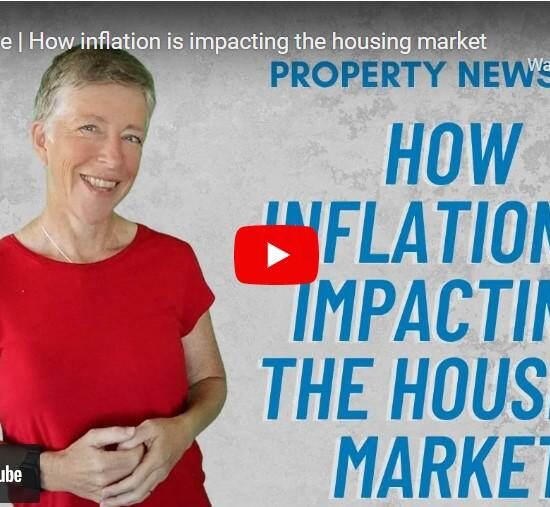
By Tina Howes, Mortgage & Finance Advisor – SmartMove
I recently had a client wanting to buy their first home. Having focused all their energy and cash into growing a very successful business they were a little later than others to buy a property. The client ticked all the boxes:
- Good solid income with a very successful business
- Good deposit
- Buying in a good location
- Very little personal debts
Should be a no brainer, right? You would think!
This client on the other hand had an average credit score. They hadn’t done anything wrong but there were a few decisions that have made over the years that have negatively impacted on their credit score.
So, I wanted to share some things that are worth keeping in mind that may impact on your application.
- Applying for multiple credit cards. From time to time, I see applicants making large purchases on credit cards under interest free transfers and then once the interest free period is over, they apply for another card and move the balance over. Each time you open a credit card, it hits your credit file which negatively impacts the score.
- Chasing points. I’ve seen clients open up credit cards to get the free points. One client had done this 10 times. They had accumulated lots of free trips to the UK – but it had resulted in a poor credit score.
- Taking out store cards. Purchasing furniture or large electrical goods on an interest free card can impact your credit score. While you may have had the cash for this and have a better use of funds, too many enquiries, again, can impact on your score.
- Not setting up direct debits or not having money in that account, even if you have plenty of money in other accounts. You see, lenders collectively view this as mismanagement of money. All it takes is one missed payment on the card for it to impact on your score.
- The providers making errors or not setting up your direct debits. While this can be resolved, it can take time and can impact your score while you may miss out on a property or not be able to move quickly.
- Identify theft and fraud, These are on the rise with theft of identity and taking out loans in your name. While eventually you can have this resolved, it may cause delays while you are fighting with the provider to prove it wasn’t you.
- As a director of a company. Every time you apply for finance, or in some cases, a fleet of cars which may be an ordinary course of action. Be mindful these will hit your file and you may need an explanation.
Now I am confident I will get finance for this client or other clients with average or worse than average credit scores. But there are quite a few lenders that we won’t have access to because of the situation.
And there may be other circumstances in your situation that require you to go to a certain lender and they may not be an option. None of these items alone will cause a bad credit score, but if you have several of these situations, then it starts to add up.
My advice is:
- Minimise how many credit cards and loans you have to reduce the risk of administration errors.
- Don’t chase points or balance transfers, or if you must, wait until after you have purchased a property.
- Close any cards that you have had poor conduct on.
- Perform a credit check very early on in your property journey. This gives yourself time to resolve any issues – not when you have found your dream home or ideal investment property.

Disclaimer: This article contains information that is general in nature. It does not consider the objectives, financial situation or needs of any particular person. You need to consider your financial situation and needs before making any decisions based on this information. This article is not to be used in place of professional advice, whether in business, health or financial.






